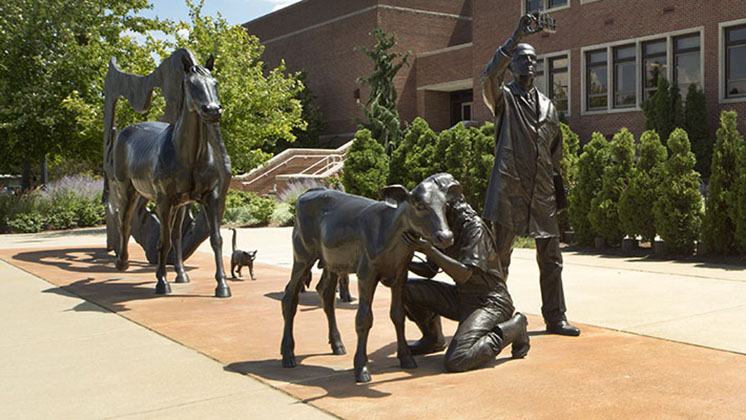Exploring the Benefits of Animal-Assisted Interventions for Autism Spectrum Disorder (ASD)

In recent years, alternative interventions to support individuals with Autism Spectrum Disorder (ASD) have gained significant attention. Among these, Animal-Assisted Interventions (AAI) have grown in popularity, with the field doubling its research output from 42 studies prior to 2015 to 85 studies by 2020. This trend suggests an expanding interest in how interactions with animals can aid social, emotional, and behavioral development for people with ASD.
What Are Animal-Assisted Interventions?
AAIs integrate animals into therapeutic or educational settings to promote well-being. The interventions are grounded in the Biophilia Hypothesis, which posits that humans have an inherent affinity for nature and animals, supporting emotional security and social connection. Horses, dogs, and even dolphins have been explored in various studies, with horses remaining the most common species involved.
Key Findings
- Social Interaction: AAIs were most frequently associated with improved social engagement. For many with ASD, interacting with animals can serve as a non-judgmental bridge to human interactions, fostering empathy, attention, and positive social behaviors.
- Emotional Well-Being: Studies highlighted increases in positive emotions, emotional regulation, and reduced anxiety levels during interactions with animals.
- Communication and Language: Several studies reported enhancements in communication skills. Tools like the Social Responsiveness Scale (SRS) were often used to measure these changes, revealing notable gains in social communication.
- Behavioral Improvements: AAIs were shown to reduce problem behaviors, such as irritability and hyperactivity, and supported a calmer demeanor.
Challenges in the Research
While the number of studies has risen, challenges persist regarding methodological rigor. Only a portion of these studies included control groups or adequately blinded assessments, making it difficult to draw definitive conclusions. Variability in participant demographics and small sample sizes in many studies add to this complexity. There is also a noted need for attention to animal welfare in these interventions.
The Takeaway
The surge in research into AAIs for ASD showcases their potential as complementary interventions. They offer benefits like enhanced social engagement and emotional support, though more stringent studies are needed for solid evidence. Future research should aim for consistent methodologies, larger sample sizes, and a balanced focus on the well-being of both human participants and the animals involved.
AAIs may not replace traditional therapies but can serve as valuable supplements to enrich the lives of individuals with ASD.
Read the Research Paper
This article was based on the research of Dr. Leanne Nieforth and the HAPI lab. Read the research:
Suggested Articles

The Growing Global Landscape of Human-Animal Interaction Centers
Explore the rapid growth of human-animal interaction (HAI) research from 2016 to 2021, focusing on global collaboration, educational integration, and advancing the well-being of humans and animals alike.
Read more
Are Service Dogs the Support Veterans with PTSD Expect?
Discover how service dogs impact U.S. military veterans with PTSD, from mental health benefits to challenges, and the gap between expectations and real-life experiences.
Read more
How Service Dogs Impact the Stress Response in Veterans with PTSD
Learn how service dogs may improve the stress response in veterans with PTSD by enhancing the cortisol awakening response, offering both emotional and physiological benefits.
Read more
